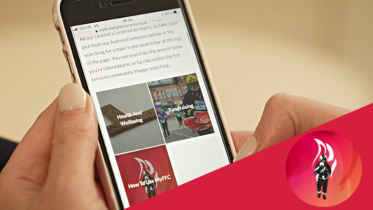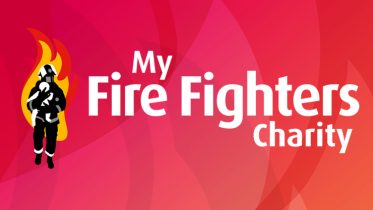When money is already tight, Christmas adds extra pressure to an already-long list of financial concerns. Then, as January hits, it can feel like things are tighter than ever. But enjoying the festivities shouldn’t come at the price of getting yourself into debt or financial difficulty in the weeks that follow.
That’s why, this Blue Monday, we’re hoping to ease the burden when things feel like they’re becoming too much, by sharing some advice to help you navigate challenging times.
Finding yourself in debt as a result of unforeseen circumstances such as loss of income due to ill health or redundancy can be frightening too, as you try to work out how to manage with less money.
It can be especially confusing when trying to understand exactly which bills must be paid. But it’s important payments on all priority debts are maintained…
How do you tell a priority bill from a non-priority debt, and why is paying your mortgage more important than your store or credit cards?
Some bills are classed as priority because the consequences of not paying them are far greater than the consequences of not paying others. For example, if you don’t pay your rent or your mortgage you could lose your home, so these are top priority.
You must always pay your priority bills on time and in full before your other debts, and make arrangements to clear any priority arrears as soon as you can.
What are priority bills?
– Mortgage or rent
– Council tax
– Child maintenance arrangements (CSA)
– Court fines including County Court Judgements
– Tax or National Insurance
– TV Licence
– Utility cost (Gas & Electric)
If you are struggling to meet the costs of your priority debts, it may be possible to do one of the following:
- Talk to your mortgage provider to see if they can offer you a lower payment on your mortgage. You may also be able to switch to an interest-only mortgage for a short period of time
- Look at your monthly budget to really understand what your spending looks like and seek support with this from a recognised debt advice charity, or use a debt advice tool to help
- Contact your creditors and arrange a debt payment plan
What about other debts and what is the difference between secured and non-secured debts?
A secured debt is one where an asset such as your house or car serves as the collateral or security against non-payment.
Getting approval for a secured debt is generally easier than a non-secured debt as the lender has less to lose financially if there are defaults on payments as they can repossess goods and sell them to recoup their money.
A non-secured debt carries more risk for the lender and often the interest rate is higher for this reason, debts due to missed payments will be referred to a debt collection agency.
I am worried about my debts, how can I can get help with managing them?
If you need help with managing your debt or are struggling to manage your money there are a number of debt advice charities that may be able to help with finding a solution to meet your needs.
They can help with many aspects of financial advice including:
- Money advice / help with budgeting
- Debt advice
- Debt management plan (DMP)
- Individual voluntary arrangement (IVA)
- Debt relief orders (DRO)
- Bankruptcy Advice
- Financial consolidation
- Mortgage Advise
- Equity Release
Organisations that can help
- www.nationaldebtline.org.uk
- www.stepchange.org
- www.citizensadvice.org.uk/debt-and-money
- www.debtsupporttrust.org.uk
- www.payplan.com
How can we help?
We are here to help support you when times are tough due to unforeseen circumstances or emergency situations. Our Welfare Caseworkers can help in a number of ways and can support with:
- advice and signposting information
- onward referral to help with debt management
- hardship payments (but cannot pay debt)
- maximising income through Welfare benefits advice.
To find out how we can support you, call our Support Line on 0800 389 8820, register for MyFFC and visit the ‘Access Support’ tab on enquire online today.
Updated: January 2022
First published: November 2019




